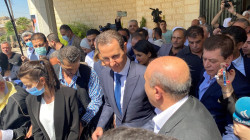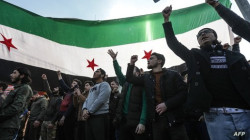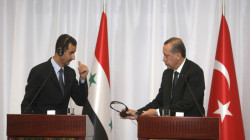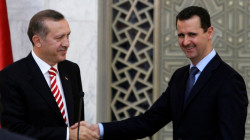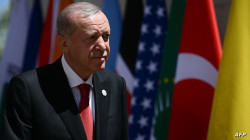Exclusive: Syria eyes stronger economic ties with Iraq amid plans to revitalize domestic economy
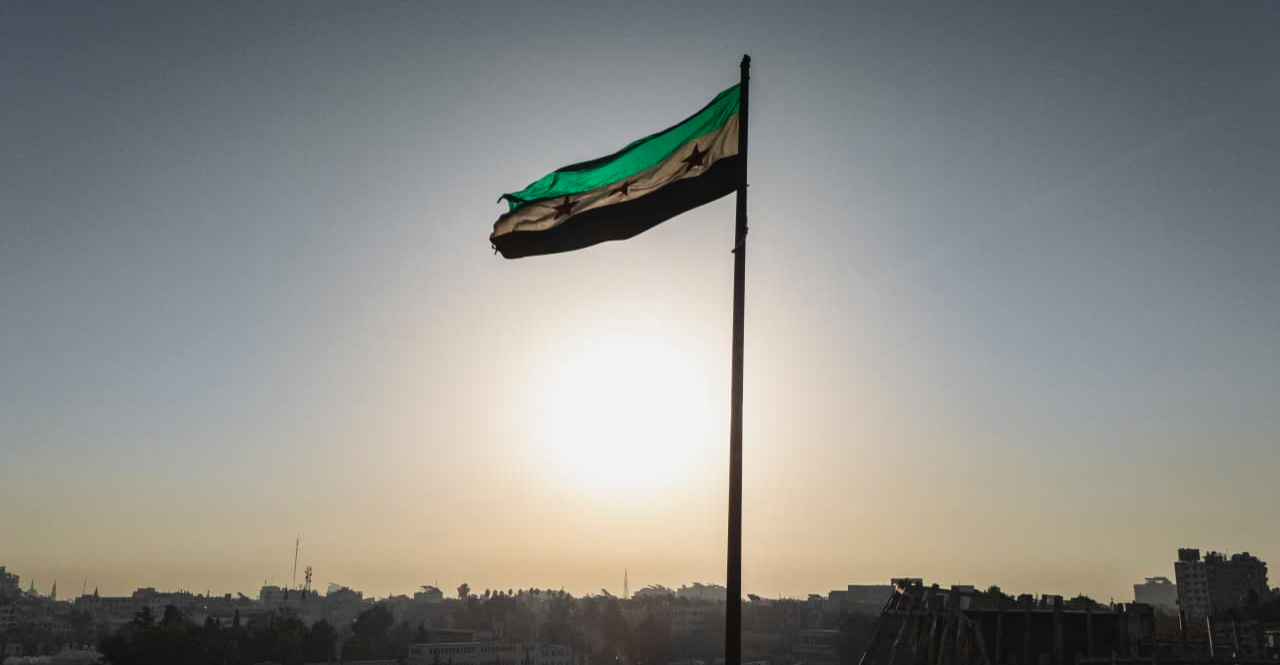
Shafaq News/ Syrian Minister of Economy in the interim government, Basil Abdul Hanan, announced plans to strengthen economic ties with Iraq and engage with international organizations to alleviate economic sanctions on Syria.
In an exclusive interview with Shafaq News, Abdul Hanan stated, "Our efforts to develop economic relations with Iraq include industrial integration, enhancing trade exchange, and providing extensive facilities for the movement of goods and services between the two countries. We aim to encourage investment projects and streamline customs procedures."
Revitalizing the Syrian Economy
Abdul Hanan highlighted several future plans for revitalizing Syria’s economy. These include restructuring institutions, enacting pro-investment legislation, and focusing on the productive sectors of agriculture, industry, and tourism.
"The private sector development plan is central to this strategy. The government will reduce its involvement in production and open the door for private sector investments by removing obstacles, fostering public-private partnerships, and modernizing industrial areas."
He further noted, "Legislation will be updated to enhance transparency and protect investments while ensuring access to affordable energy and promoting value-added industries such as food processing, pharmaceuticals, and textiles."
Strengthening the Syrian Pound
Regarding the Syrian currency, Abdul Hanan explained, "We plan to bolster the Syrian pound by supporting local production sectors and increasing exports, especially in agriculture and industry, to attract foreign currency. Emphasizing quality to meet global standards and exploring new markets are key priorities."
When asked about a potential currency overhaul, he clarified, "Changing the local currency is not on the agenda, though there may be efforts to issue new banknotes without symbols of the previous regime to restore confidence in the currency. This will require a stable economic environment and measures to counter inflation."
Under al-Assad's regime, the Syrian pound faced severe devaluation, strict currency controls, and international sanctions, notably the 2020 Caesar Act. These sanctions isolated Syria economically and depleted its foreign currency reserves.
The Pound's value plummeted, currently at 12,800 SYP per $1, creating a significant black market. Shortages and high inflation worsened the economic crisis, leading to widespread poverty. Following al-Assad's fall, it saw some stabilization, but challenges persist due to ongoing sanctions and economic vulnerabilities.
International Cooperation
On the global stage, Abdul Hanan emphasized the government's intent to work with international organizations to lift economic sanctions, asserting, "With the fall of the regime, the reasons for these sanctions no longer exist. We will also enhance diplomatic ties with friendly countries and negotiate with the international community to foster economic growth."
He also noted plans to stimulate investment through new laws providing legal guarantees and incentives tailored to Syria’s priorities.
"The focus will be on investments in energy, modernizing electrical grids, oil sectors, and refineries," Abdul Hanan elaborated. "Key industries like cement, fertilizers, and electricity, along with tourism development, are critical to the country’s recovery."
